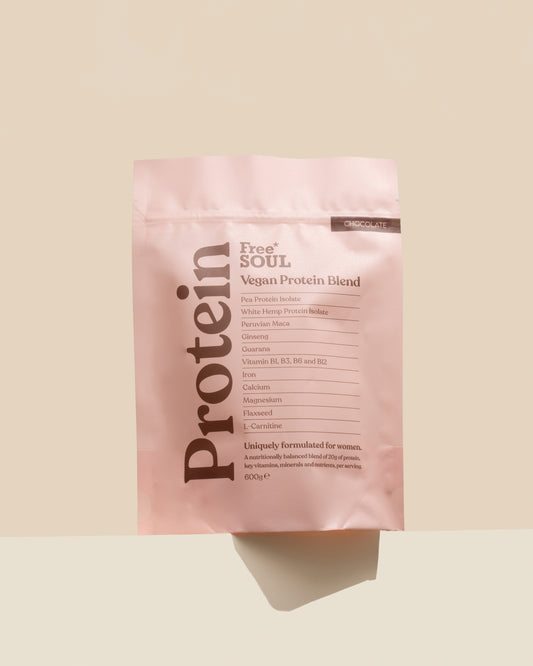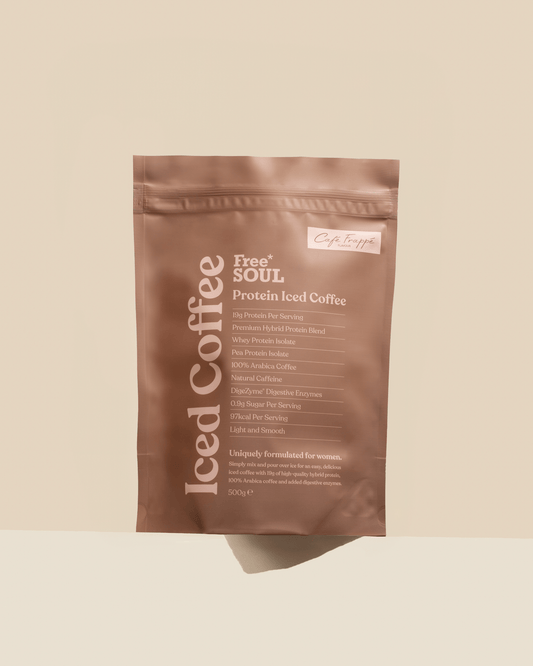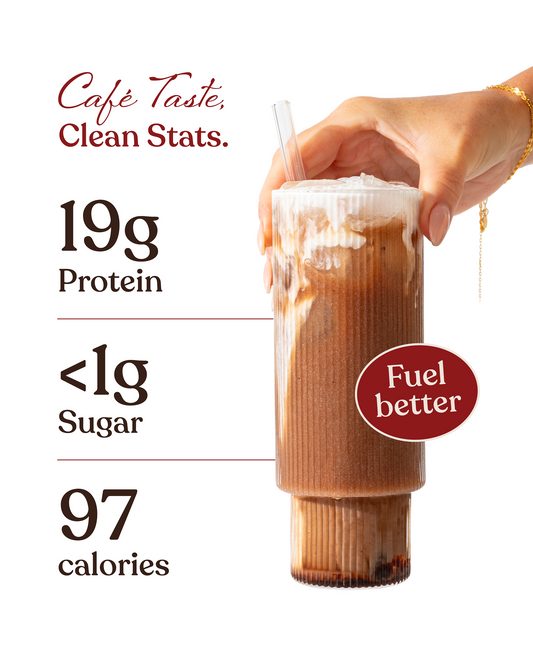3 items
Frequently Asked Questions
Protein is essential for muscle mass, bone strength, and metabolic function. Hormonal changes at different life stages – especially during perimenopause and beyond – can affect these areas, making it important to get enough protein in your diet, and supplementing when needed.
Look for protein sources that provide all nine essential amino acids, either from a single source (like whey) or a combination of plant-based sources (like pea and hemp). These are the building blocks your body needs to maintain normal muscle function.
Protein plays an important role in maintaining muscles and supporting bone health. It also contributes to overall energy metabolism and can help you feel more satisfied after eating, making it easier to stick to a balanced routine.
Aim to include a source of protein with every meal, not just in one sitting. Protein blends can be an easy way to top up your intake, whether in a shake or added into your morning breakfast.
Consistency matters more than timing. Enjoy your protein shake whenever it works for you, whether it's first thing in the morning, after a workout, or as a mid-afternoon snack.
Yes. Protein supports the maintenance of muscles and helps your body recover after exercise.
Protein supplements are designed to top up your intake, not to replace whole meals. Your body also needs other nutrients like fibre, carbohydrate, and healthy fats, so aim to enjoy them as part of a balanced diet.













































